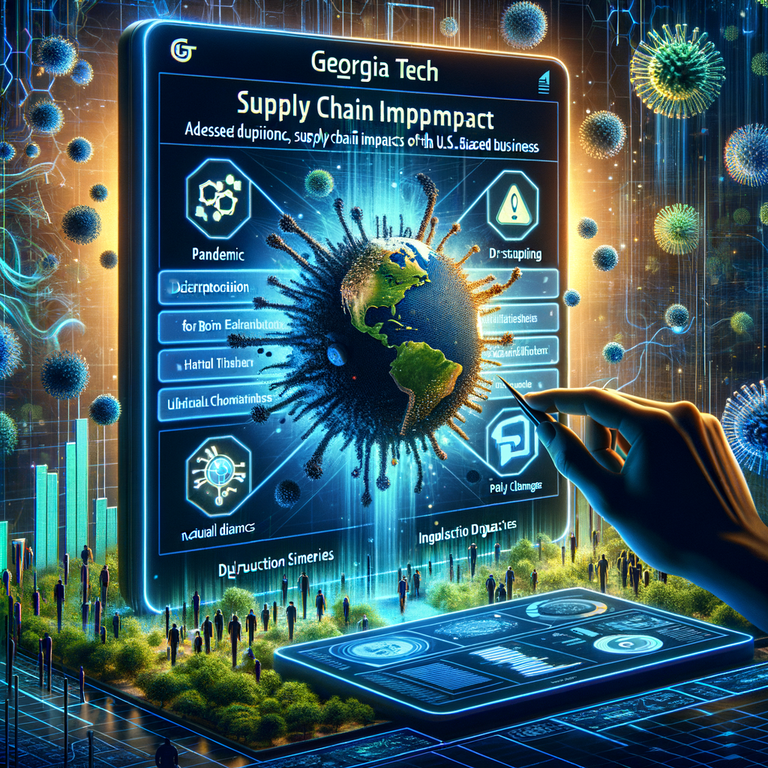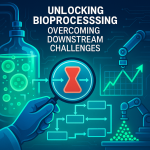📦 It evaluates disruptions like pandemics, natural disasters, and policy changes.
📊 Users can input supply chain data, select disruption scenarios, and analyze potential impacts.
🌱 The goal is to bolster the U.S. bioeconomy and enhance competitiveness and resilience against crises.
Introduction:
This article discusses the development of a novel digital tool by researchers at the Georgia Institute of Technology, specifically designed to assist bio-based businesses in assessing and mitigating risks within their supply chains. This tool aims to address the complexities and potential disruptions faced by companies involved in the biomanufacturing sector, such as those producing pharmaceuticals and food ingredients.
- The Georgia Tech team created a customizable digital tool for bio-based businesses to stress test and evaluate their supply chain risks.
- The tool helps companies assess the impact of various disruptions, including pandemics, natural disasters, policy changes, and cyberattacks.
- It consists of three key components: the supply chain input, an event generator with predefined disruptions, and metrics for statistical analysis.
- The tool not only aids in operational decision-making but also assists companies in meeting U.S. Securities and Exchange Commission requirements for risk management.
- The overarching goal is to bolster the U.S. bioeconomy, enhance national security by reducing reliance on foreign production, and improve the availability of critical products.
Conclusion:
The new digital tool promises to empower bio-based businesses by providing valuable insights into their supply chain vulnerabilities and potential disruptions. As companies adopt this innovative platform, it is anticipated that they will enhance their operational resilience, contribute to a more sustainable bioeconomy, and ultimately benefit consumers by ensuring the consistent availability of essential products.



